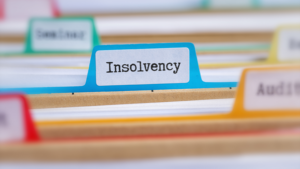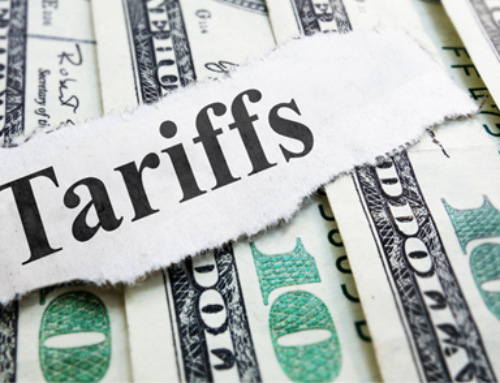When a business faces insolvency, those overseeing the company’s liquidation or administration hold the power to scrutinise the conduct of its directors. Misfeasance, a term denoting wrongdoing by a company officer, can lead to significant penalties if proven.
Defining Misfeasance in Insolvency
Under the Insolvency Act 1986, misfeasance is identified when an officer of a company, or someone involved in its promotion, formation, or management, has:
- Misapplied, retained, or become accountable for company money or property; or
- Committed any misfeasance or breached any fiduciary or other duty in relation to the company.
This broad definition is designed to capture various forms of unlawful or improper activity.
Examples of Misfeasance
Directors may commit misfeasance in several ways during insolvency, such as:
- Mismanaging Finances: Failing to address financial difficulties effectively.
- Undervalued Transactions: Selling assets for less than their worth to friends or relatives, often just before insolvency.
- Unlawful Dividends: Issuing dividends without sufficient company profit.
- Excessive Salaries: Awarding themselves salaries beyond the company’s affordability.
- Director’s Loan Account Abuse: Overdrawing or failing to repay loans as agreed.
- Preferential Payments: Paying off certain creditors ahead of others, against insolvency rules.
- VAT Evasion: Failing to report or pay due VAT.
- Asset Concealment: Hiding assets to prevent them from being used to pay creditors.
- General Misconduct: Any other misconduct leading to company or creditor losses.
Misfeasance vs. Nonfeasance
While misfeasance involves wrongful actions, nonfeasance refers to a failure to act on a legal duty. Examples of nonfeasance include neglecting to file necessary forms or tax returns.
Investigating Misfeasance
Once in the hands of an insolvency practitioner, investigations into potential misfeasance are conducted. Claims can be made by the official receiver, an administrator, a liquidator, shareholders, or creditors.
Consequences of Misfeasance
If found guilty under the Insolvency Act, an individual may be required to:
- Repay or account for money or property with interest.
- Contribute to the company’s assets as compensation for the misfeasance or breach of duty.
Additionally, directors may face disqualification from holding office for 2-15 years.
Defending Against Misfeasance Claims
Defending a misfeasance claim depends on the specifics of the allegation. Directors are expected to act reasonably and with the necessary skill. Honesty might sometimes serve as a defence but showing that actions were reasonable is crucial. Statutory defences may also be applicable, and with professional legal representation, it may be possible to negotiate settlements to avoid lengthy and costly legal battles.
What are the risks?
Many directors do not understand the change in their responsibilities when a company is facing insolvency. To reduce the risk it is always better to get advice early.
The experienced team at DMC Recovery would be happy to explain your position and steps to avoid making it worse.






